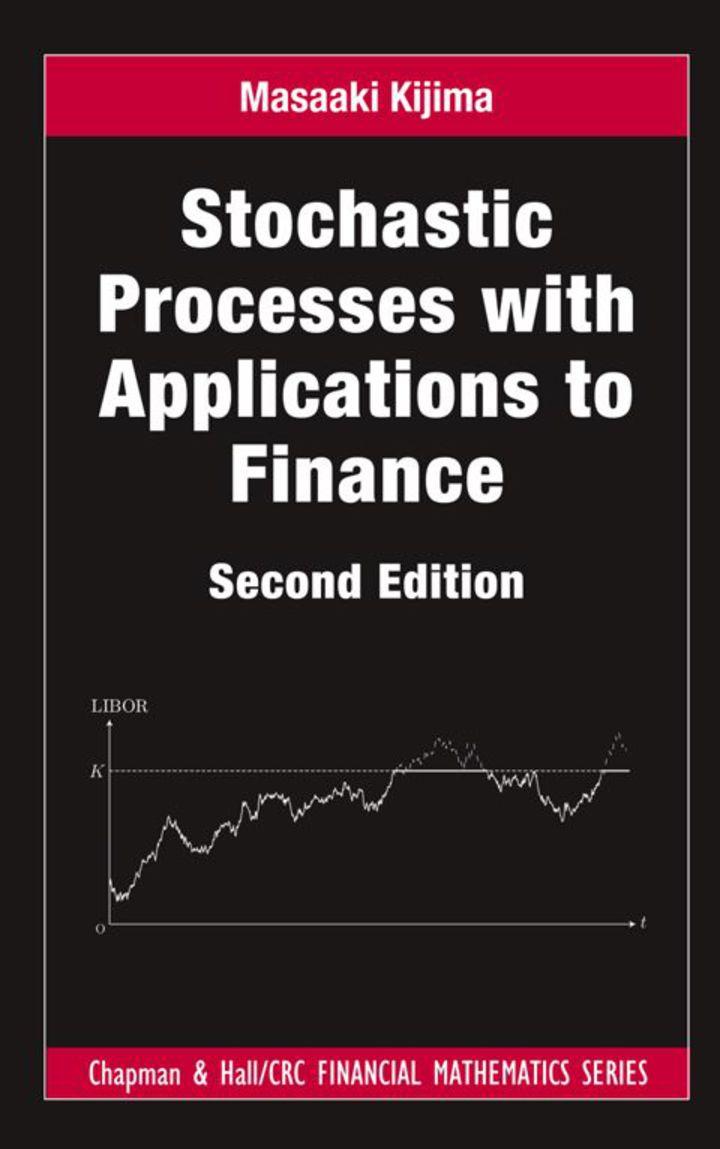Exercise 2.6 Suppose that pj = Kqj , j = 0, 1, . . . ,N, for
Question:
Exercise 2.6 Suppose that pj = Kqj , j = 0, 1, . . . ,N, for some q > 0.
Determine K so that {pj} is a probability distribution. Also, suppose that f(x) = Kx2, 0 ≤ x ≤ 4. When does f(x) become a density function?
Fantastic news! We've Found the answer you've been seeking!
Step by Step Answer:
Related Book For 

Stochastic Processes With Applications To Finance
ISBN: 9781439884829
2nd Edition
Authors: Masaaki Kijima
Question Posted:





